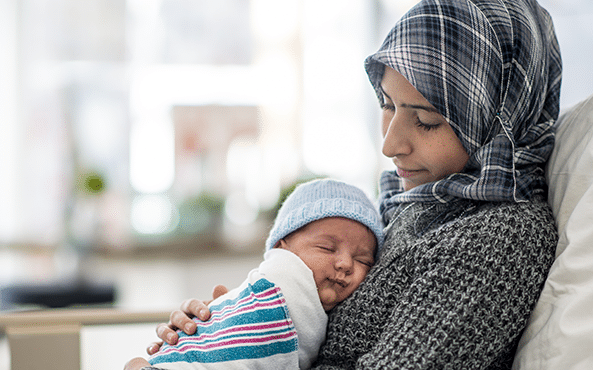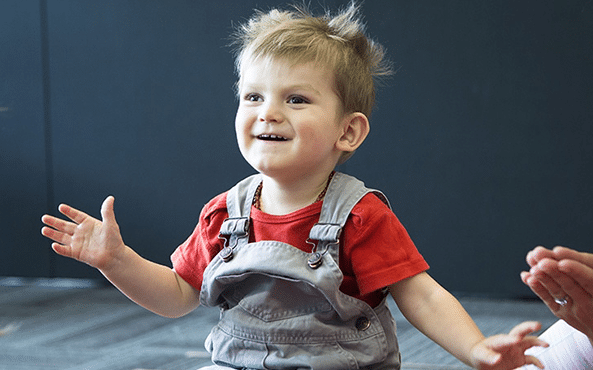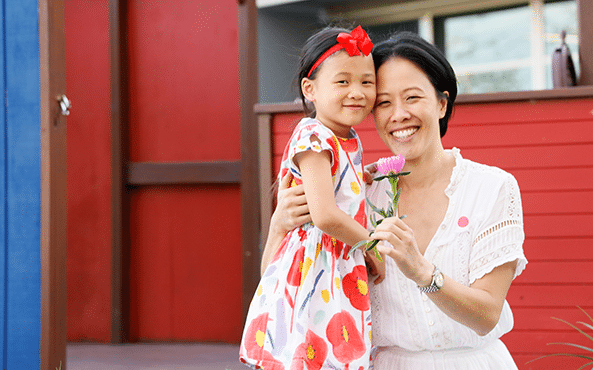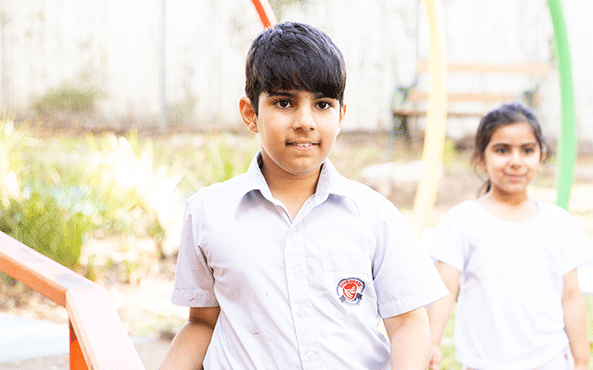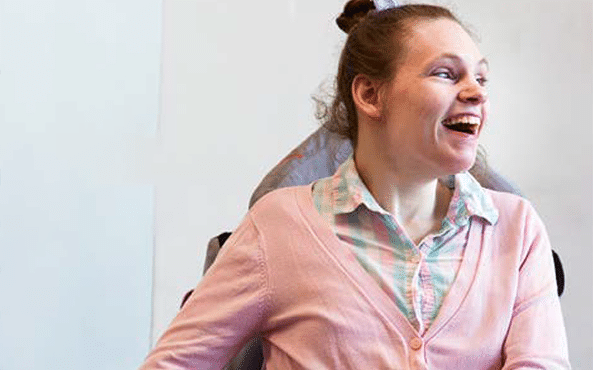These guides are organised into age groups to provide information about the range of different needs at various stages of development. They include the most effective ways to promote motor function, mobility, learning, communication and social skills, as well as how to manage secondary conditions (e.g. pain, muscle tone, musculoskeletal issues, sleep, epilepsy, hips).
These guides can be used to:
